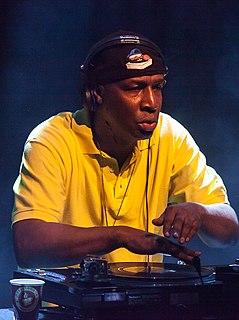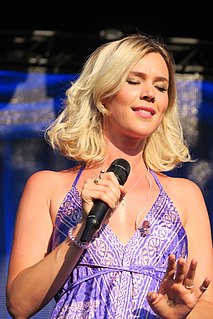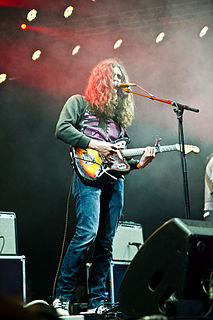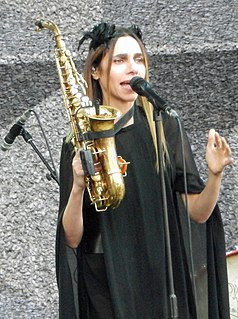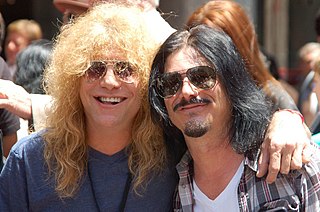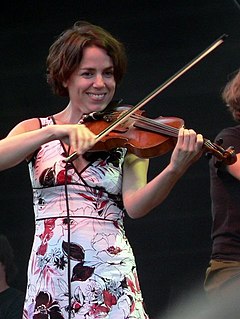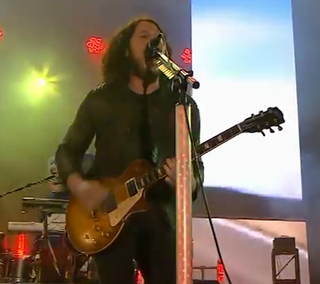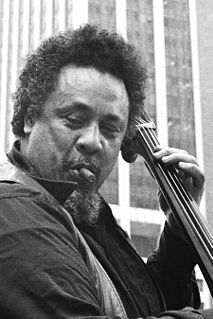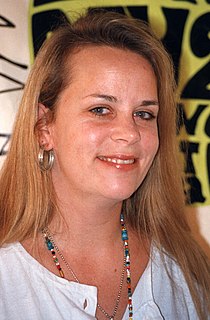A Quote by Grandmaster Flash
The type of mixing that was out then was blending from one record to the next or waiting for the record to go off and wait for the jock to put the needle back on.
Related Quotes
I know a lot of bands that will make their first record and get to a certain level, and then when the second record comes out, they can start where they left off as a headlining act playing in front of a certain number of people, or they can go back out and make a lot less money and open for people. I feel like if you go out and just go right back into that headlining stuff, you're playing to the converted.
I know a lot of bands that will make their first record and get to a certain level, and then when the second record comes out, they can start where they left off as a headlining act playing in front of a certain number of people, or they can go back out and make a lot less money and open for people.
I don't think that much anymore in terms of 'write a record, record a record, tour a record,' because in my own mind, things have changed, in that I'm just an ongoing artist. I'm not quite sure what the next project needs to be until it presents himself, and then I know. I just follow dutifully while I'm being led.
When you have kids and you're married...you know, life takes its toll on you after a while, and then you're just not as creative, you're not as motivated... And it takes a special person when it's time to dig down and do a record, to really go in there and pour out whatever it is you got in you to put on a record, and that's what we did.
I love the Bach Prelude No. 2 in C Minor and had that stuck in my head: why don't I put this on Imaginaryland? So I brought it to my friend Tom Grimley who recorded That Dog's first record. I played him all my a cappella pieces, and he said, "P, you should really make a record, it would be great! You can record it at my studio and I'll put it out!"
There were actually times where I thought, 'Do people even remember us? Are people gonna be interested in hearing what we put out next?'And, you know, there were times I felt like, 'Are there going to be people out there waiting for this record?'. So we kind of live in a bubble, in a sense. We're very closed off to that whole world of thinking about those kinds of things.
My music has always been sort of in between categories. Sometimes record stores - back when there were record stores - they'd put my records in the country music section, but other record stores would put my records in the pop or even the rock section. As long as it's in the store somewhere, I'm OK with it.
My music has always been sort of in-between categories. Sometimes record stores - back when there were record stores - they'd put my records in the country music section, but other record stores would put my records in the pop or even the rock section. As long as it's in the store somewhere, I'm OK with it.
